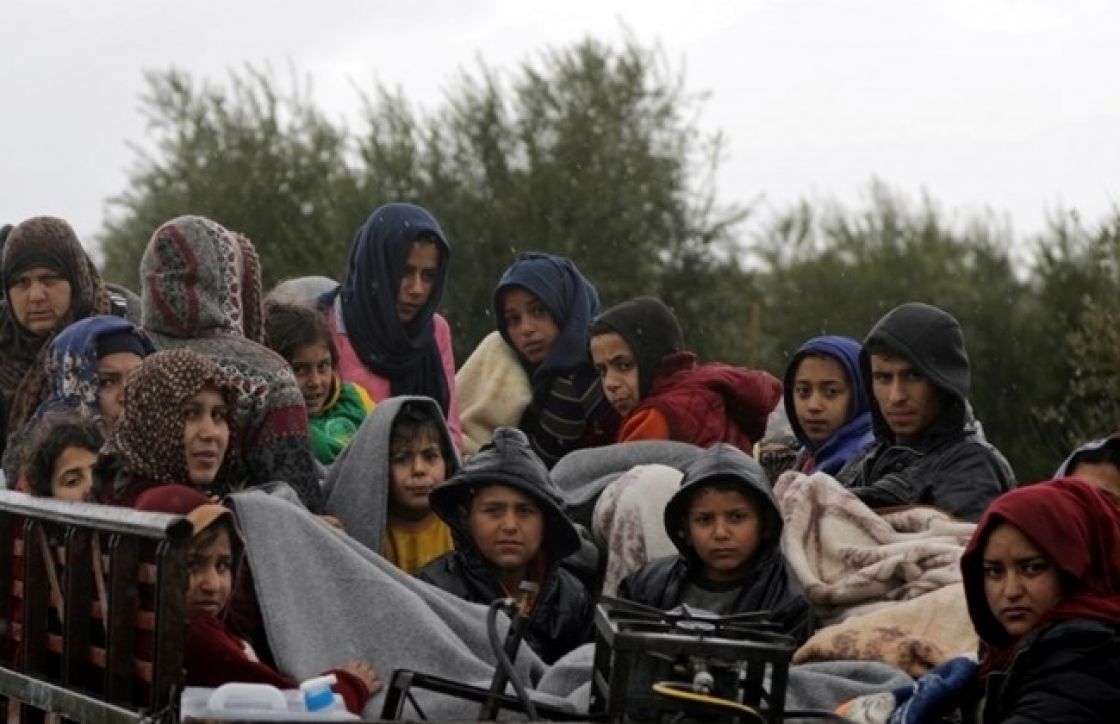Disaster occurs in Afrin, international silence disappointing: Zoroastrian representative in Kurdistan region
ERBIL, KRG, Iraq (North Press) – On Saturday, a Zoroastrian representative in the Kurdistan Region of Iraq (KRG) described events occurring in Afrin as “a disaster amid the disappointing international silence.”
“Liberating Afrin and solving the issue in general needs all local and Kurdish parties to come together,” representative of Zoroastrianism in the Ministry of Endowments and Religious Affairs in KRG Awat Hussam al-Din said.
“Ties with the international organization should be strengthened to uncover the violations committed in Afrin including murder, rape, devastation, and demographic change, in order to pressure Turkey and end its occupation,” she told North Press.
Thursday marked the third anniversary of the Turkish occupation of Afrin, northwest Syria, with the participation of Turkish-backed armed opposition groups.
“Efforts paid to pressure Turkey should coincide with intensive international diplomatic efforts to end the Syrian crisis within the framework of a democratic regime that preserves the rights of all communities,” she believes.
In 2018, al-Din visited Afrin in solidarity with the residents of the region against the Turkish aggression.
She remembers when “a bus was targeted with missile, wounding its passengers.”
She says that what drew her interest to Afrin “was the strong resistance and their attachment to land that Afrin’s people showed where despite the war that they went through they had the soul of great resistance, but unfortunately the international silence was disappointing.”
On Thursday, human rights organizations and centers operating in northeast Syria released a report documenting the committed violations by Turkish forces and the armed opposition groups over three years in Afrin.
The report stated, “A large-scale demographic change operation was conducted against religious minorities. It is worth mentioning that in 2011 there were 22 Yezidi villages with about 25,000 people, while now they do not exceed 7,000 people.”

